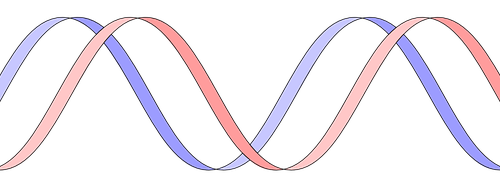Starting from February 1, 2023, the USPTO will begin the new Cancer Moonshot Expedited Examination Pilot Program that advances out-of-turn applications that are directed to oncology or smoking cessation. This new program will replace the Cancer Immunotherapy Pilot Program that has been in place since 2016, and covers more technologies than only cancer immunotherapies. Applications accepted into the new program will be accorded special status in Examiner’s docket and enjoy expedited examination until the first Office action is issued (including restriction requirements). The new program is available for a non-reissue (original), nonprovisional utility application filed under 35 U.S.C. 111(a), or an international application that has entered the national stage under…
- Accelerated Patent Examination, Cancer Moonshot Expedited Examination, Expedited Examination, Patent Law, Pharma, Pilot Program, US, USPTO
-
US vs CN: Foreign Filing License Requirements
In China, foreign filing requirements are generally very similar to the US — a foreign filing license is required if a foreign application is to be filed first for an invention made in the country. The Chinese equivalent to the US foreign filing license is called a confidentiality examination for foreign filing. According to Chinese Patent Law Article 19 (previously Article 20), if a foreign application is to be filed for an invention made in China, the applicant must submit a request to conduct a confidentiality exam to the CNIPA in advance. The CNIPA will determine whether the invention (for simplicity, the term “invention” includes invention and utility models in…
-
Is it Sufficient to Claim an Antibody only by Describing its Antigen?
Things may be brewing with respect to antibody inventions. Just how much description is sufficient? After losing in the Federal Circuit, Amgen has decided to ask the US Supreme Court to weigh in on a standard that could vastly influence the pharmaceutical and biotech industry. The story relates to Repatha™, an LDL-lowering drug from Amgen whose active ingredient is a monoclonal antibody called evolocumab. The monoclonal antibody binds to PCSK9 protein, preventing it from destroying LDL receptor protein (LDL-R), a protein that removes LDL from the bloodstream. Amgen sued Sanofi, who created its own PCSK9 antibody. Sanofi sued back, arguing that Amgen’s patents were invalid for failing to comply with,…









